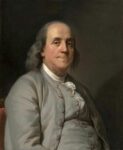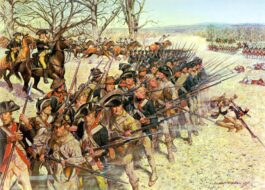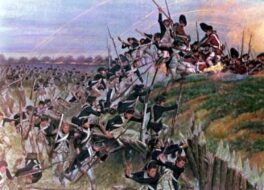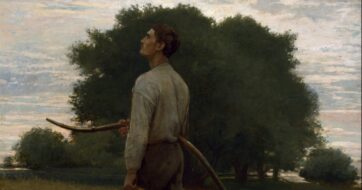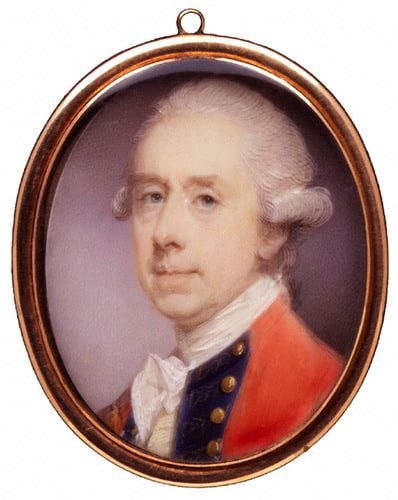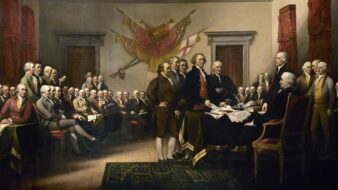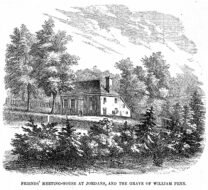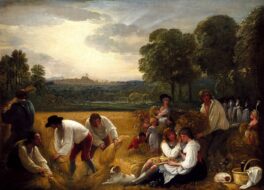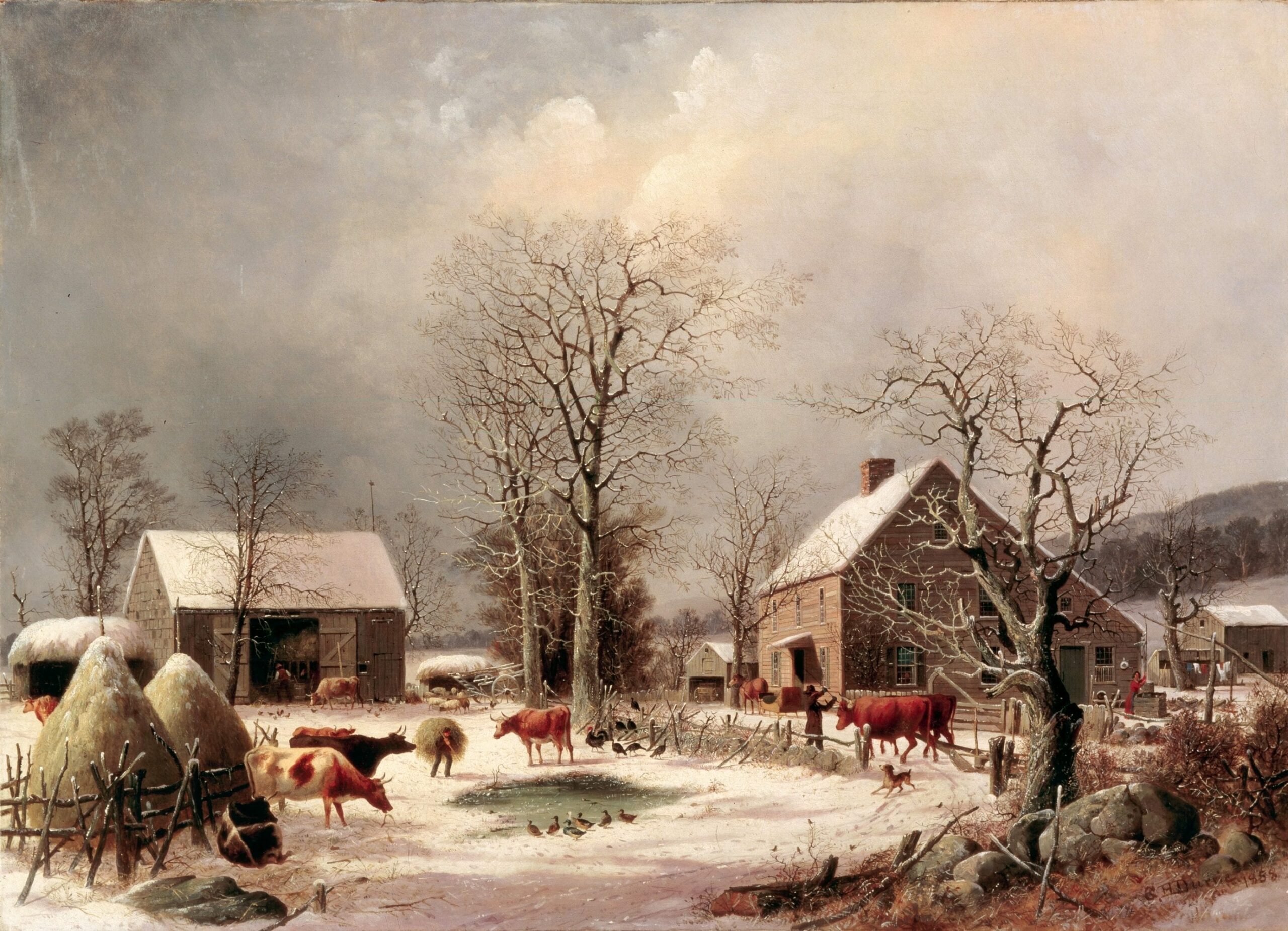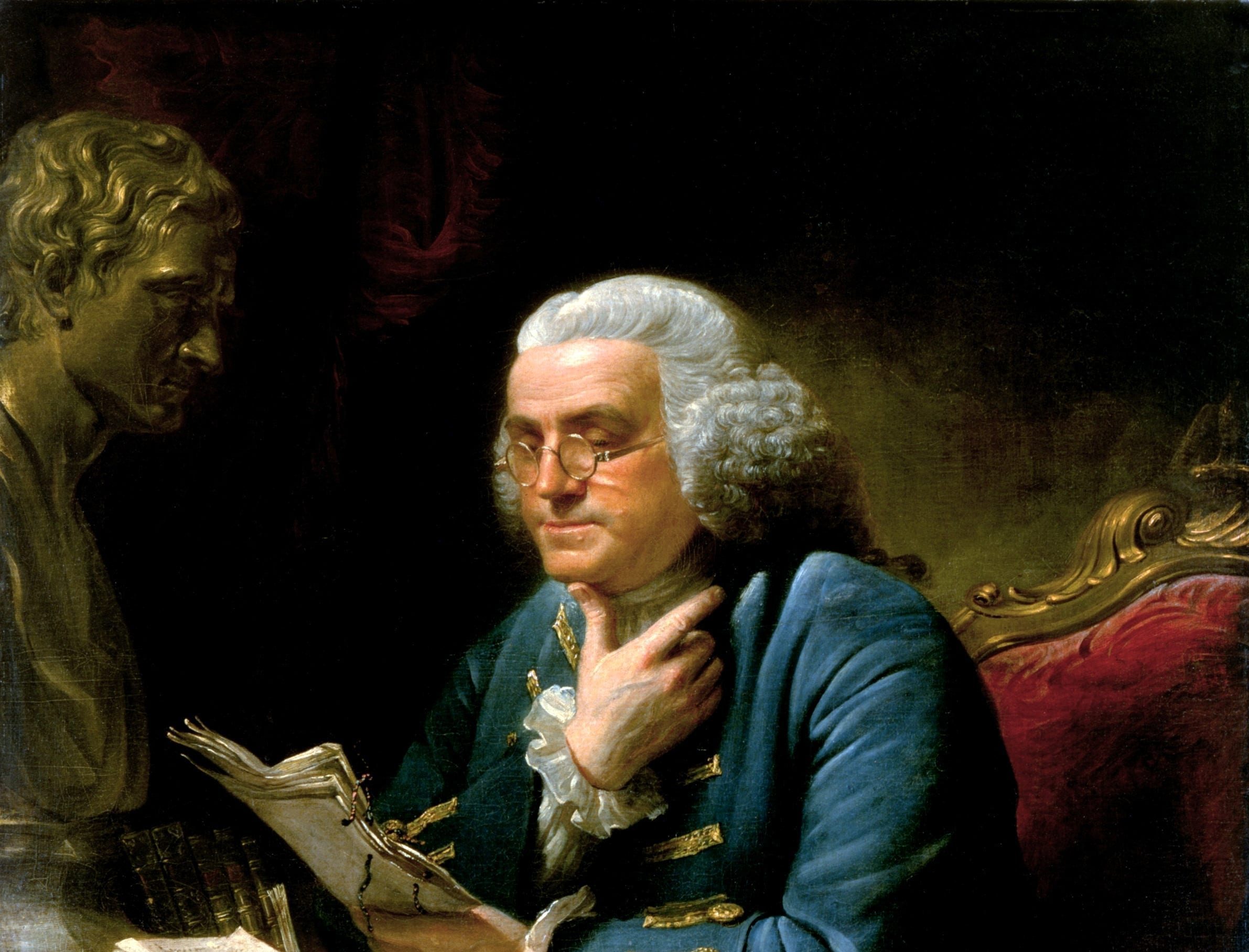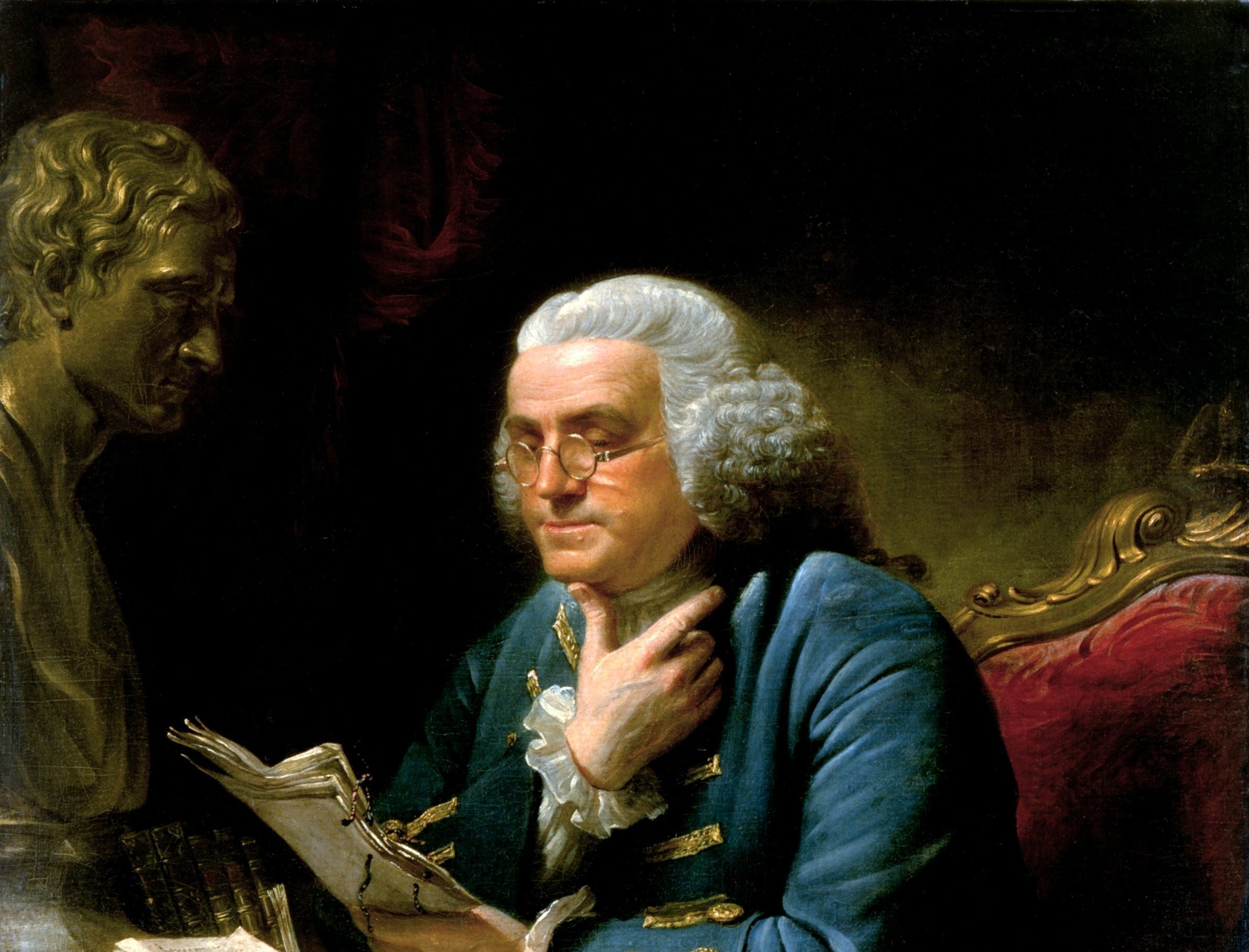
No study questions
No related resources
When I consider my own Weakness, and the discerning Judgment of those who are to be my Audience, I cannot help blaming my self considerably, for this rash Undertaking of mine, it being a Thing I am altogether ill practis’d in and very much unqualified for; I am especially discouraged when I reflect that you are all my intimate Pot Companions who have heard me say a 1000 silly Things in Conversations, and therefore have not that laudable Partiality and Veneration for whatever I shall deliver that Good People commonly have for their Spiritual Guides; that You have no Reverence for my Habit, nor for the Sanctity of my Countenance; that you do not believe me inspir’d or divinely assisted, and therefore will think your Selves at Liberty to assent or dissent approve or disapprove of any Thing I advance, canvassing and sifting it as the private Opinion of one of your Acquaintance. These are great Disadvantages and Discouragements but I am enter’d and must proceed, humbly requesting your Patience and Attention.
I propose at this Time to discourse on the Subject of our last Conversation: the Providence of God in the Government of the World. I shall not attempt to amuse you with Flourishes of Rhetorick, were I master of that deceitful Science because I know ye are Men of substantial Reason and can easily discern between sound Argument and the false Glosses of Oratory; nor shall I endeavour to impose on your Ears, by a musical Accent in delivery, in the Tone of one violently affected with what he says; for well I know that ye are far from being superstitious or fond of unmeaning Noise, and that ye believe a Thing to be no more true for being sung than said. I intend to offer you nothing but plain Reasoning, devoid of Art and Ornament; unsupported by the Authority of any Books or Men how sacred soever; because I know that no Authority is more convincing to Men of Reason than the Authority of Reason itself. It might be judg’d an Affront to your Understandings should I go about to prove this first Principle, the Existence of a Deity and that he is the Creator of the Universe, for that would suppose you ignorant of what all Mankind in all Ages have agreed in. I shall therefore proceed to observe: 1. That he must be a Being of great Wisdom; 2. That he must be a Being of great Goodness and 3. That he must be a Being of great Power. That he must be a Being of infinite Wisdom, appears in his admirable Order and Disposition of Things, whether we consider the heavenly Bodies, the Stars and Planets, and their wonderful regular Motions, or this Earth compounded of such an Excellent mixture of all the Elements; or the admirable Structure of Animal Bodies of such infinite Variety, and yet every one adapted to its Nature, and the Way of Life it is to be placed in, whether on Earth, in the Air or in the Waters, and so exactly that the highest and most exquisite human Reason, cannot find a fault and say this would have been better so or in another Manner, which whoever considers attentively and thoroughly will be astonish’d and swallow’d up in Admiration.
2. That the Deity is a Being of great Goodness, appears in his giving Life to so many Creatures, each of which acknowledge it a Benefit by their Unwillingness to leave it; in his providing plentiful Sustenance for them all, and making those Things that are most useful, most common and easy to be had; such as Water necessary for almost every Creature’s Drink; Air without which few could subsist, the inexpressible Benefits of Light and Sunshine to almost all Animals in general; and to Men the most useful Vegetables, such as Corn, the most useful of Metals as Iron, and the most useful Animals, as Horses, Oxen and Sheep, he has made easiest to raise, or procure in Quantity or Numbers: each of which particulars if considered seriously and carefully would fill us with the highest Love and Affection. 3. That he is a Being of infinite Power appears, in his being able to form and compound such Vast Masses of Matter as this Earth and the Sun and innumerable Planets and Stars, and give them such prodigious Motion, and yet so to govern them in their greatest Velocity as that they shall not flie off out of their appointed Bounds nor dash one against another, to their mutual Destruction; but ’tis easy to conceive his Power, when we are convinc’d of his infinite Knowledge and Wisdom; for if weak and foolish Creatures as we are, by knowing the Nature of a few Things can produce such wonderful Effects; such as for instance by knowing the Nature only of Nitre and Sea Salt mix’d we can make a Water which will dissolve the hardest Iron and by adding one Ingredient more, can make another Water which will dissolve Gold and render the most Solid Bodies fluid — and by knowing the Nature of Salt Peter Sulphur and Charcoal those mean Ingredients mix’d we can shake the Air in the most terrible Manner, destroy Ships Houses and Men at a Distance and in an Instant, overthrow Cities, rend Rocks into a Thousand Pieces, and level the highest Mountains. What Power must he possess who not only knows the Nature of every Thing in the Universe, but can make Things of new Natures with the greatest Ease and at his Pleasure!
Agreeing then that the World was at first made by a Being of infinite Wisdom, Goodness and Power, which Being we call God; The State of Things ever since and at this Time must be in one of these four following manners, viz.
- Either he unchangeably decreed and appointed every Thing that comes to pass; and left nothing to the Course of Nature, nor allow’d any Creature free agency. or
- Without decreeing any thing, he left all to general Nature and the Events of Free Agency in his Creatures, which he never alters or interrupts. or
- He decreed some Things unchangeably, and left others to general Nature and the Events of Free agency, which also he never alters or interrupts; or
- He sometimes interferes by his particular Providence and sets aside the Effects which would otherwise have been produced by any of the Above Causes.
I shall endeavour to shew the first 3 Suppositions to be inconsistent with the common Light of Reason; and that the 4th is most agreeable to it, and therefore most probably true.
In the 1. place. If you say he has in the Beginning unchangeably decreed all Things and left Nothing to Nature or free Agency. These Strange Conclusions will necessarily follow; 1. That he is now no more a God. ’Tis true indeed, before he had made such unchangeable Decree, he was a Being of Power, Almighty; but now having determin’d every Thing, he has divested himself of all further Power, he has done and has no more to do, he has ty’d up his Hands, and has now no greater Power than an Idol of Wood or Stone; nor can there be any more Reason for praying to him or worshipping of him, than of such an Idol for the Worshippers can be never the better for such Worship. Then 2. he has decreed some things contrary to the very Notion of a wise and good Being; Such as that some of his Creatures or Children shall do all Manner of Injury to others and bring every kind of Evil upon them without Cause; that some of them shall even blaspheme him their Creator in the most horrible manner; and, which is still more highly absurd that he has decreed the greatest Part of Mankind, shall in all Ages, put up their earnest Prayers to him both in private and publickly in great Assemblies, when all the while he had so determin’d their Fate that he could not possibly grant them any Benefits on that Account, nor could such Prayers be any way available. Why then should he ordain them to make such Prayers? It cannot be imagined they are of any Service to him. Surely it is not more difficult to believe the World was made by a God of Wood or Stone, than that the God who made the World should be such a God as this.
In the 2. Place. If you say he has decreed nothing but left all things to general Nature, and the Events of Free Agency, which he never alters or interrupts. Then these Conclusions will follow; He must either utterly hide him self from the Works of his Hands, and take no Notice at all of their Proceedings natural or moral; or he must be as undoubtedly he is, a Spectator of every thing; for there can be no Reason or Ground to suppose the first — I say there can be no Reason to imagine he would make so glorious a Universe meerly to abandon it. In this Case imagine the Deity looking on and beholding the Ways of his Creatures; some Hero’s in Virtue he sees are incessantly indeavouring the Good of others, they labour thro vast difficulties, they suffer incredible Hardships and Miseries to accomplish this End, in hopes to please a Good God, and obtain his Favour, which they earnestly Pray for; what Answer can he make them within himself but this; take the Reward Chance may give you, I do not intermeddle in these Affairs; he sees others continually doing all manner of Evil, and bringing by their Actions Misery and Destruction among Mankind: What can he say here but this, if Chance rewards you I shall not punish you, I am not to be concerned. He sees the just, the innocent and the Beneficent in the Hands of the wicked and violent Oppressor; and when the good are at the Brink of Destruction they pray to him, thou, O God, art mighty and powerful to save; help us we beseech thee: He answers, I cannot help you, ’tis none of my Business nor do I at all regard these things. How is it possible to believe a wise and an infinitely Good Being can be delighted in this Circumstance; and be utterly unconcern’d what becomes of the Beings and Things he has created; for thus, we must believe him idle and unactive, and that his glorious Attributes of Power, Wisdom and Goodness are no more to be made use of.
In the Third Place. If you say he has decreed some things and left others to the Events of Nature and Free Agency, Which he never alters or interrupts; Still you unGod him, if I may be allow’d the Expression; he has nothing to do; he can cause us neither Good nor Harm; he is no more to be regarded than a lifeless Image, than Dagon, or Baall, or Bell and the Dragon; and as in both the other Suppositions foregoing, that Being which from its Power is most able to Act, from its Wisdom knows best how to act, and from its Goodness would always certainly act best, is in this Opinion supposed to become the most unactive of all Beings and remain everlastingly Idle; an Absurdity, which when considered or but barely seen, cannot be swallowed without doing the greatest Violence to common Reason, and all the Faculties of the Understanding.
We are then necessarily driven into the fourth Supposition, That the Deity sometimes interferes by his particular Providence, and sets aside the Events which would otherwise have been produc’d in the Course of Nature, or by the Free Agency of Men; and this is perfectly agreeable with what we can know of his Attributes and Perfections: But as some may doubt whether ’tis possible there should be such a Thing as free Agency in Creatures; I shall just offer one Short Argument on that Account and proceed to shew how the Duties of Religion necessary follow the Belief of a Providence. You acknowledge that God is infinitely Powerful, Wise and Good, and also a free Agent; and you will not deny that he has communicated to us part of his Wisdom, Power and Goodness; i.e. he has made us in some Degree Wise, potent and good; and is it then impossible for him to communicate any Part of his Freedom, and make us also in some Degree Free? Is not even his infinite Power sufficient for this? I should be glad to hear what Reason any Man can give for thinking in that Manner; ’tis sufficient for me to shew tis not impossible, and no Man I think can shew ’tis improbable, but much more might be offer’d to demonstrate clearly that Men are in some Degree free Agents, and accountable for their Actions; however, this I may possibly reserve for another separate Discourse hereafter if I find Occasion.
Lastly If God does not sometimes interfere by his Providence tis either because he cannot, or because he will not; which of these Positions will you chuse? There is a righteous Nation grievously oppress’d by a cruel Tyrant, they earnestly intreat God to deliver them; If you say he cannot, you deny his infinite Power, which you at first acknowledg’d; if you say he will not, you must directly deny his infinite Goodness. You are then of necessity oblig’d to allow, that ’tis highly reasonable to believe a Providence because tis highly absurd to believe otherwise.
Now if tis unreasonable to suppose it out of the Power of the Deity to help and favour us particularly or that we are out of his Hearing or Notice or that Good Actions do not procure more of his Favour than ill Ones. Then I conclude, that believing a Providence we have the Foundation of all true Religion; for we should love and revere that Deity for his Goodness and thank him for his Benefits; we should adore him for his Wisdom, fear him for his Power, and pray to him for his Favour and Protection; and this Religion will be a Powerful Regulater of our Actions, give us Peace and Tranquility within our own Minds, and render us Benevolent, Useful and Beneficial to others.
1730

Conversation-based seminars for collegial PD, one-day and multi-day seminars, graduate credit seminars (MA degree), online and in-person.
